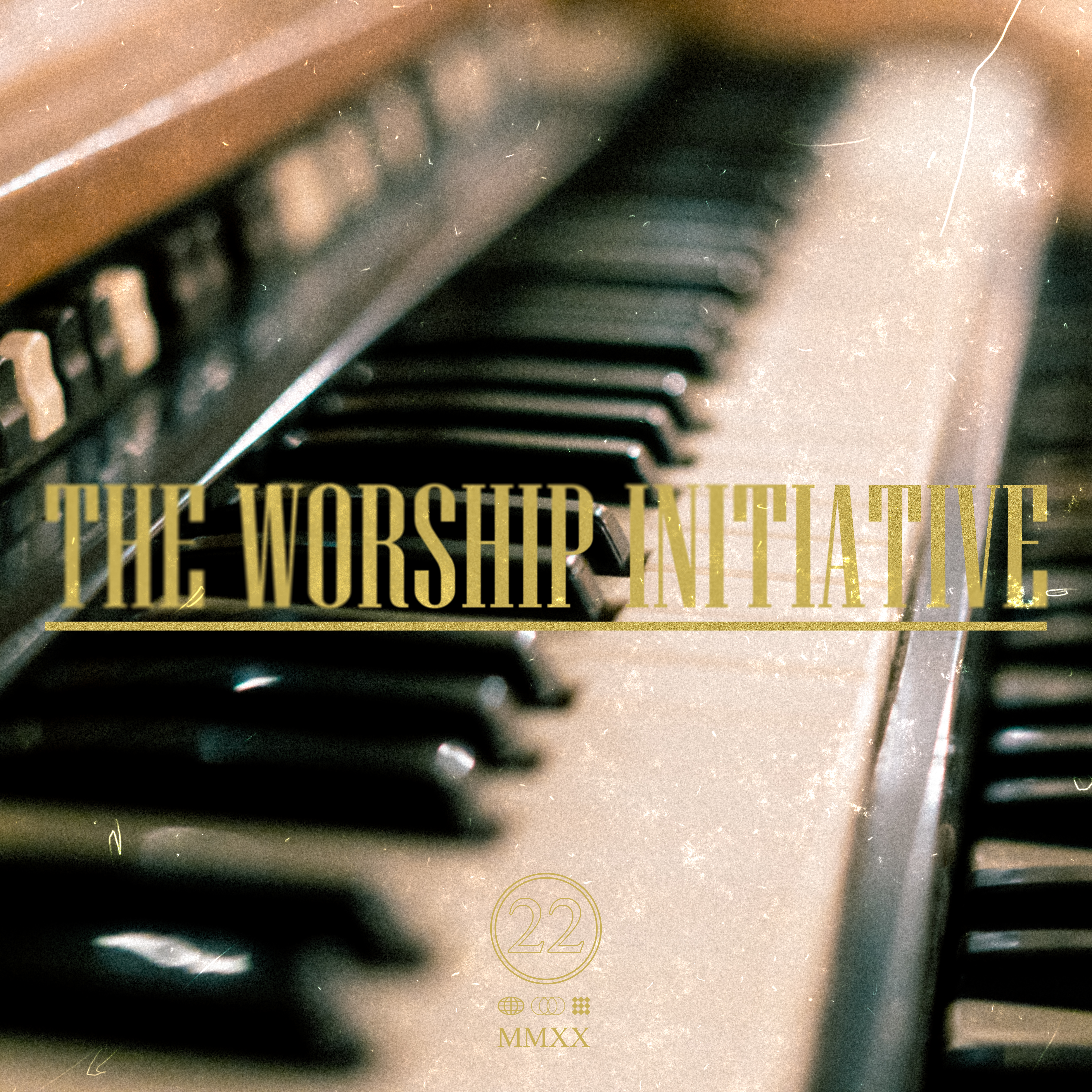
Maverick City
Such An Awesome God
Such an Awesome God
As strange as it might sound at first, it is not at all uncommon for God to be neglected in the frenetic shuffle of ministry in the 21st century. Every day confronts us with a litany of many good things that must be attended to, so much so that most of us end the day with at least a mild sense of anxiety over what was not accomplished. People must be cared for, services must be planned for, songs must be practiced for, and there is nothing that the grind of normal life stops for. In the midst of such a dizzying pace, that which is accessible and actionable often becomes most prized. Efficiency and pragmatism can be helpful values, but not when they become so axiomatic that they leave no room for what is transcendent and eternal. The towering, mysterious truths about the being of God cannot fit into a podcast that we listen to on our drive into work for our fifth meeting of the week while stopping off at our favorite niche coffee shop along the way. If we are honest, how many times in the last month have we had substantial time set apart for prayerfully pondering the majestic identity of God with no other agenda or outcome than simple adoration? This act of gazing upon His splendor is the preoccupation of His heavenly retinue and it would seem that it is intended to be ours as well (Revelation 4:8, Psalm 27:4).
“Therefore, be imitators of God, as beloved children; and walk in love, just as Christ also loved you and gave Himself up for us, an offering and a sacrifice to God as a fragrant aroma.” (Ephesians 5:1-2)
All of us are either a parent or a child, or both. And the older we get, the more we realize how we are unwittingly conformed to traits that we have seen in your parents, and how our children are dynamically shaped by the behaviors they see in us. At times this is humorous, at times it is quite painful, yet it proves true as the years go by. We do not sufficiently recognize how this is also a spiritual law at work in our lives. Just as a child mimics what is modeled for them, we don’t actually have much of a choice of whether or not we will imitate God. We will tend to bend into whatever view of God we have – whether right or wrong, good or bad. Consider these words from A.W. Tozer:
“What comes to our minds when we think about God is the most important thing about us…For this reason the gravest question before the Church is always God Himself, and the most portentous fact about any man is not at a given time what he may say or do, but what he in his deep heart conceives God to be like. We tend by a secret law of the soul to move toward our mental image of God…Were we able to extract from any man a complete answer to the question, ‘What comes to your mind when you think about God?’ we might predict with certainty the spiritual future of that man…A right conception of God is basic not only to systematic theology but to practical Christian living as well. It is to worship what the foundation is to the temple; where it is in inadequate or out of plumb the whole structure must sooner or later collapse. I believe there is scarcely an error in doctrine or a failure in applying Christian ethics that cannot be traced finally to imperfect and ignoble thoughts about God.”[1]
It is here, in these staggering words, that we find the weighty significance of corporate worship and the real beauty of this song, which feels more like an anthem or a hymn of old. Worship leaders today have thousands upon thousands of titles to choose from when planning a service. Yet all the songs are alike in that they set forth some form of an image of God for the congregation to behold. There is a message, or an idea being communicated to which we conform as we sing it, no matter how incrementally or unnoticeably it may be to our observation. This is why rich, informed study of the scriptures is so vital for songwriters, and why the impact of worship can go far beyond the confines of a weekly service and profoundly influence discipleship. If corporate worship is week by week setting a gloriously true and majestic vision of God before His people, it not only honors Him (which is the paramount concern), but it also acts as a catalyst for personal sanctification.
This song does just that. It lifts our attention off of ourselves and our circumstances and shifts our gaze to what an astonishingly and objectively awesome God we serve. It should cause our hearts to thrill with the proclamation of Moses, “Who is like You among the gods, O Lord? Who is like You, majestic in holiness, awesome in praises, working wonders?” (Exodus 15:11) or the rhetorical gauntlet of God Himself, “‘To whom then will you liken Me that I would be his equal?’ says the Holy One.” (Isaiah 40:25) Furthermore, it is a reminder to strive to make God preeminent in the entirety of our lives and not just in our gatherings. To Him be the glory!
[1] A.W. Tozer, The Knowledge of the Holy (San Francisco, California: HarperSanFrancisco, 1961), p 1-2.